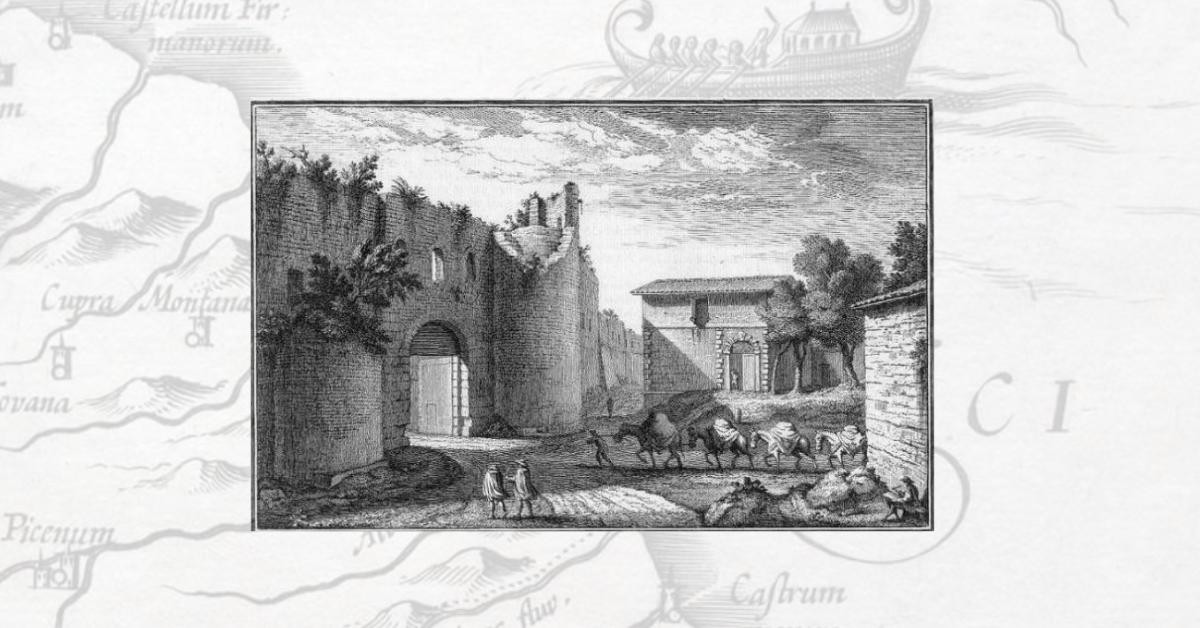The fact that salt is present in dozens of everyday uses, both domestic and industrial, has reinforced its cultural significance over the centuries, from the ancient world to the present day. The king of flavorings, precious salt, has played an exceptionally important role in shaping human civilisation. Salt is essential to the life of humans and animals, and its first and perhaps most significant contribution to human civilisation relates to its use in food preservation. Thanks to the preservation of food with salt, human dependence on seasonal foods was reduced and the ability to travel was enhanced.

The historical importance of salt
The historical importance of saltDue to the scarcity or difficulty of extraction in many regions, salt has been a valuable resource over time and has historically been used as a currency and a symbol of wealth and power in various civilisations such as the Roman Empire and the Ancient Greek city-states. In cultures of Africa and ancient Greece, slaves were exchanged for salt, while in Asian countries the weight of salt was exchanged for gold. In ancient Rome, soldiers were paid part of their wages with salt. This is how the phrase 'he wasn't worth his salt' emerged. Many wars were initiated over the control and exploitation of salt deposits or the imposition of heavy taxes such as the Gabelle tax in France. The demand for salt transportation generated the so-called salt roads, such as the famous Via Salaria in Rome ,and the construction of towns along these routes.

The symbolic importance of salt
The symbolic importance of saltSalt has been a symbol of purity, sanctity, bliss and hospitality in various cultures. Thus, it has been used in religious and cultural practices such as salt offering ceremonies and purification rituals. In Buddhist tradition, salt is considered a symbol of wisdom and knowledge, while in Hindu tradition, salt is one of the five basic elements of nature, along with earth, water, fire and air. In Africa, it is a symbol of life and abundance and in Greece it is a symbol of friendship and solidarity. Phrases such as "we ate bread and salt" and "and if we said anything extra, water and salt" are rooted in these representations. In the Mediterranean, gifting a bottle of salt to newlyweds symbolizes a promise of a life full of deliciousness and prosperity. Likewise in Russia, salt is used as a part of the traditional wedding ritual.
Moreover, in Greece and in areas of Africa, Japan and the Caribbean, salt is believed to ward off evil spirits. For example, the Sumo wrestlers throw salt on the ring to dispel evil spirits. For the same reason in old Japanese theaters, salt was sprinkled on the stage before each performance.

Salt in modern culture
From ancient times to the present day, salt has been used in art, literature and music to convey symbolic meanings. Artists have created extraordinary sculptures and decorative objects using salt either as a material or as a source of inspiration. In addition, salt has been the inspiration for books, films, paintings and poetry. It also features a strong presence in contemporary art in the form of salt-based art installations.
Finally, today salt is used for healing and wellness. Salt therapy is a modern spa treatment based on the ancient healing and relaxing properties of salt.The ongoing impact of salt on human civilization demonstrates that salt is here to stay.
Through the centuries, it has shaped our traditions, art, economy and history, showing that the cultural significance of salt goes far beyond its superficial use and practical applications. Understanding the cultural significance of everyday objects and materials such as salt is important for enhancing cultural heritage and developing new uses of salt. After all, who can live without salt?

